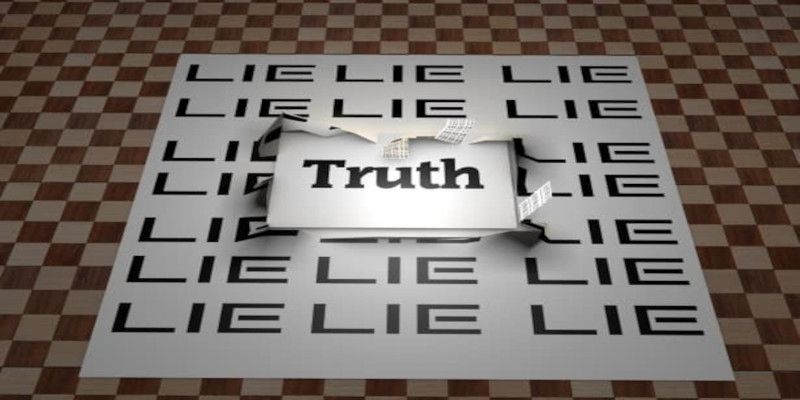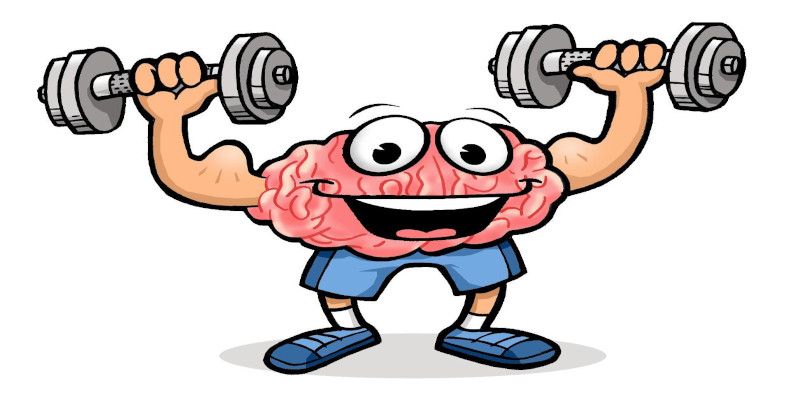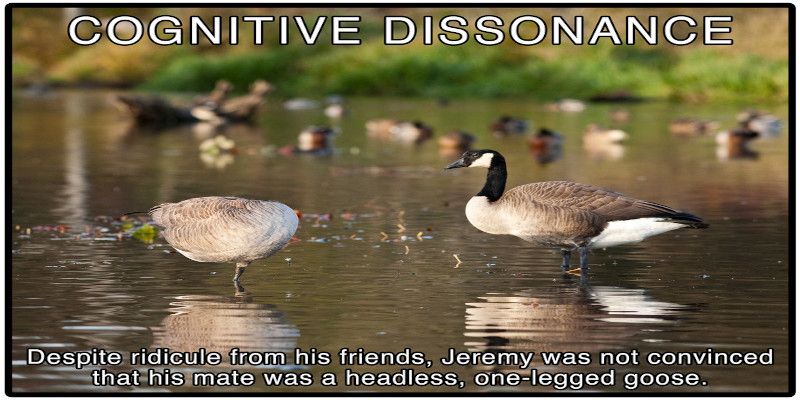Table of Contents
ToggleWe all probably know somebody who refuses to believe the facts, even when those are shown to them.
People believe what they want to believe, just like they hear what they want to hear. And oftentimes, facts and objective truths won’t change their already preconceived opinions and ideas.
Find out why this phenomenon happens and why confirmation bias and prejudices among many other things can prevent people from attaining the truth.
Reasons why people believe what they want to believe
We know that people don’t always believe the objective truth, even when they see it with their very own eyes.
However, it might also be the case that their truth is simply not your truth. Sometimes, what is the truth is open to subjective interpretation. And we often see the things in life like we are.
The quote, “We don’t see things like they are, we see things like we are” is indeed perfectly appropriate in this regard.
There are a few things that frequently cause people to only believe what they want to believe:
Confirmation bias

A bias is a tendency to look at things in a certain way in preference to other manners.
Self-confirmation bias stands for the desire and intention to confirm the already preexisting ideas, thoughts, and values of an individual.
This desire to confirm their already preexisting notions prevents people from seeing the objective truth.
Prejudice
A prejudice is a preconceived mentality that forecloses the impartial judgment of people or thoughts and ideas.
Prejudice can be defined as a preconceived opinion without any objective reasons or genuine experiences.
For example, one might be negatively prejudiced against people with a certain skin color while being positively prejudiced towards people who have the same skin color as they do.
Dunning-Kruger effect
The Dunning-Kruger effect might seem like a weird one to make the list. But it can be a valid reason why people only believe what they want to believe.
It is the cognitive bias, where people with low capability at a job or task overrate their ability to complete the task at hand.
Smart people often know how much they don’t know and where their limitations lie. Whereas less gifted people or arrogant individuals regularly think they know everything there is to life. This hinders objective, honest evaluation and the ability to learn new skills.
To protect their mental health

Credit for the image goes to Total Shape Too much truth and reality at the same time can overwhelm a person, diminishing one’s mental health.
It can also be the case that what we choose to believe is more convenient and, thus, less painful to accept.
Confirmation bias and prejudice
Sometimes the wanting, the desire to believe something, even when wrong, can be stronger than even truth itself. So a simple explanation could be that they decide to believe because they want it to.
Not only that, but people’s personalities, values, and morals typically get formed early on in life and remain stable in adulthood. It is these values and morals that we use to guide us in life and to base our personality upon. Thus, it is only logical that we seek information that confirms these cognitive thinkings. This is what we call confirmation or affirmation bias.

This process of seeking affirmation for our preexisting ideas happens subconsciously, which means that it all happens outside our conscious awareness. That’s why it can be extremely difficult to pinpoint when exactly we are falling into the trap of self-confirmation bias.
That doesn’t make that kind of behavior appropriate, however. Since I’m a big advocate of getting as close to the objective truth as possible. I believe that the truth might hurt you at first, but that it will eventually set you free.
It also means that people have a natural tendency towards biases and prejudices. Unintentionally and sometimes even intentionally seeking out information that confirms their way of thinking.

Still, I think it’s better to base your attitude and opinions on the objective truth since it allows you to live your life truthfully. No matter how much you try to delude yourself, the truth will eventually catch up to you. Never mind the devastating results it might and probably will bring with itself.
This brings us to another point. Does it make sense to try to convince people of the truth? Even if you’re sure they’re wrong, and you’re right? Or at least closer to the truth?
In my opinion, it doesn’t. In rare cases, you meet someone who truly is open-minded, without arrogance, without prejudice and biases, and who is in an honest pursuit of the objective truth. However again, these cases are extraordinary.
That’s why you shouldn’t try to convince other people, in my opinion. You can show them the way, and guide them to the right information, but it’s still up to them to see it for what it is. They still need to interpret it the right way. And if they don’t want to, then you can’t force them. Remember that you believe what you want to believe, and that’s other people’s right as well.

Everyone has their freedom of thoughts and speech. Everyone should be able to generate their thoughts, ideas, and opinions. No matter if they’re objectively right or wrong.
However, I do like the following quote by Harlan Ellison. “You are not entitled to your opinion. You are entitled to your informed opinion. No one is entitled to be ignorant.”
It means that everyone has the right to have an opinion that’s well-thought trough and formed on an objective base and truth. Not that you can just spout random opinions without any evidence whatsoever to back it up. I think that’s a good general rule to live your life as truthfully as possible.
Keep in mind that people are highly prone to subjective thoughts and behavior. Even the most rational of people are still heavily subject to their sometimes irrational and subjective emotions. That’s also why it’s so hard to stay objective about things. Especially when it involves ourselves or the people who are dear and close to us.
Dunning-Kruger effect

Sometimes, people with lesser cognitive capability or who possess little ability and competence overrate their ability to successfully finish the job.
This inability to observe their own limitations both of their physical skills, and of their mental fallacies, and abilities as well, can lead to thinking errors such as confirmation bias and prejudices.
That’s why being introspective and exposing personal prejudices and biases is key to preventing falling victim to these thinking errors. Tempering one’s arrogance can also greatly help to reduce falling victim to the Dunning-Kruger effect.
Mental health protection

Too much reality and truth at once can overwhelm a person, reducing one’s mental health in the process.
Attempting to get and understand the truth is a good thing that should be celebrated. But it’s always important to balance the unknown, new information with what is known and thus, feels safe to us.
It is probably the case that some people can handle more truth at once than others. And what I know for sure is that we can learn to adapt and handle more truth at once without suffering detrimental effects.
Sometimes what we desire to believe is also more convenient, more fun, and most importantly, less painful to believe. Thus, we often readily accept the truth most favorable to us.
That’s why we frequently refrain from getting to know and attain the truth. Because some truths are extremely harsh and uncomfortable. Therefore, believing something less painful can serve to protect our psyche.
Call to action

Next time you decide that you believe what you want to believe, keep in mind that we often try to confirm the already pre-existing notions in our heads. Make sure you are not simply trying to confirm these biases and that you are not prejudiced in any way, shape, or form.
This is the only way to get as close to the objective truth as possible. And while the truth might hurt at first, it can and will eventually set you free.


